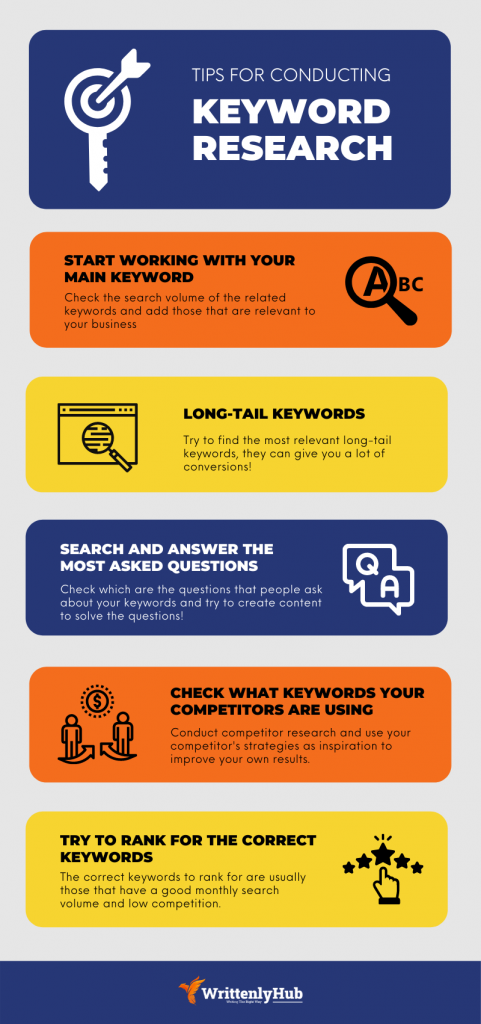Keyword research is a crucial step in any successful SEO strategy. It helps you understand what terms your target audience is searching for and how competitive those terms are. However, there are common mistakes that many marketers make when conducting keyword research that can hinder the effectiveness of their SEO efforts. In this article, we will discuss some of these mistakes and provide tips on how to avoid them.
Not Understanding Your Target Audience
One of the biggest mistakes that marketers make when conducting keyword research is not taking the time to understand their target audience. It’s important to know who your audience is, what their interests are, and what kind of language they use when searching for information online. By understanding your target audience, you can better tailor your keyword research to align with their needs and preferences.
Ignoring Long-Tail Keywords
Another common mistake is ignoring long-tail keywords in favor of short, generic keywords. Long-tail keywords are more specific and have lower competition, making it easier to rank for them. By targeting long-tail keywords, you can attract highly targeted traffic to your website and improve your chances of converting visitors into customers.
Keyword Stuffing
Keyword stuffing is a black hat SEO technique that involves excessively using keywords in a piece of content in an attempt to manipulate search engine rankings. Search engines penalize websites that engage in keyword stuffing, so it’s important to use keywords in a natural and organic way. Focus on creating high-quality, engaging content that provides value to your audience rather than trying to game the system with keyword stuffing.
Not Analyzing Keyword Performance
Many marketers make the mistake of conducting keyword research once and then forgetting about it. It’s important to regularly monitor and analyze the performance of your keywords to see how they are performing and make adjustments as needed. Use tools like Google Analytics to track keyword rankings, organic traffic, and conversions to determine which keywords are driving the most value for your website.
Not Considering User Intent
When conducting keyword research, it’s important to consider user intent. User intent refers to the reason why a person is searching for a particular keyword. By understanding user intent, you can better tailor your content to meet the needs and preferences of your target audience. Make sure to choose keywords that align with the intent of your target audience to improve your chances of ranking higher in search results.
Conclusion
Keyword research is a critical component of any successful SEO strategy. By avoiding common mistakes like not understanding your target audience, ignoring long-tail keywords, keyword stuffing, not analyzing keyword performance, and not considering user intent, you can improve the effectiveness of your keyword research efforts and drive more organic traffic to your website. Remember to regularly monitor and analyze the performance of your keywords and make adjustments as needed to stay ahead of the competition.
